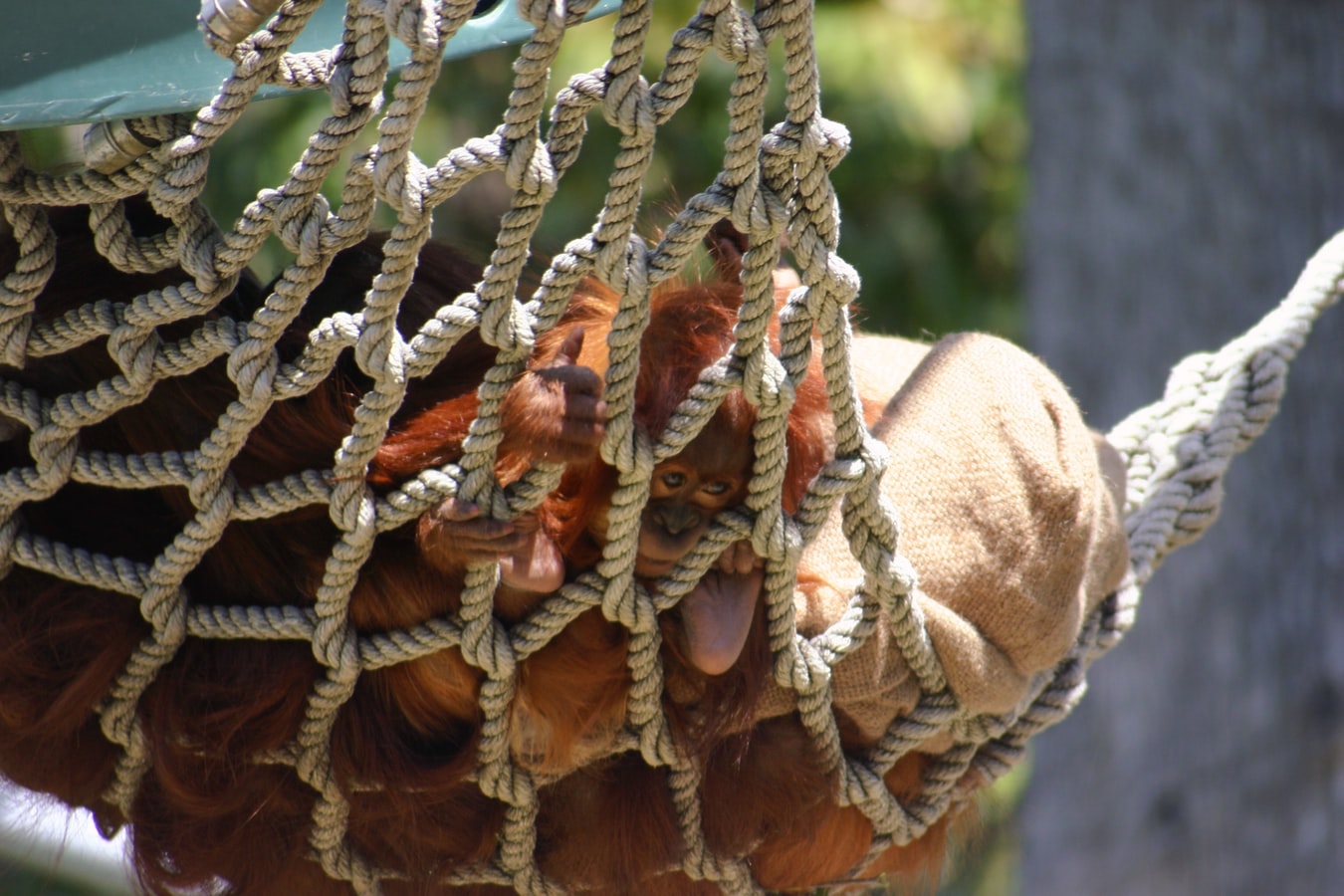
A recent outbreak at the zoo prompted a need for animal vaccinations.
Back in January, a troop of western lowland gorillas began to exhibit runny noses, coughing, and general lethargy. When the zookeepers tested them, it was discovered they had contracted COVID-19. All zookeepers at the San Diego Zoo wear masks around the animals, but it’s been hypothesized that the gorillas may have caught the disease from an asymptomatic keeper. The troop has, thankfully, made a full recovery, but the scare made the zookeepers realize that their animals are just as vulnerable as they are.
“That made us realize that our other apes were at risk,” chief conservation and wildlife health officer for the San Diego Zoo Wildlife Alliance, Nadine Lamberski, told the San Diego Union-Tribune. “We wanted to do our best to protect them from this virus because we don’t really know how it’s going to impact them.”
To this end, the zoo made an emergency request to veterinary pharmaceutical company Zoetis, which has developed an experimental COVID-19 vaccine exclusively for the use of animals. Currently, it’s only been used on animals that have been confirmed to be vulnerable to the virus including dogs, cats, and minks, but as scientists have raised more concerns about the potentially deadly effect of COVID-19 on already dwindling ape populations, it was decided to give it to the San Diego apes as well. So far, five bonobos and four orangutans have had the vaccine administered, and as of writing, no detrimental side effects have been observed.
“It makes quite a bit of sense. These animals are incredibly precious,” Pascal Gagneux, a zoologist at the University of California at San Diego, told the Union-Tribune. “There’s a very finite number of great apes in captivity.”
